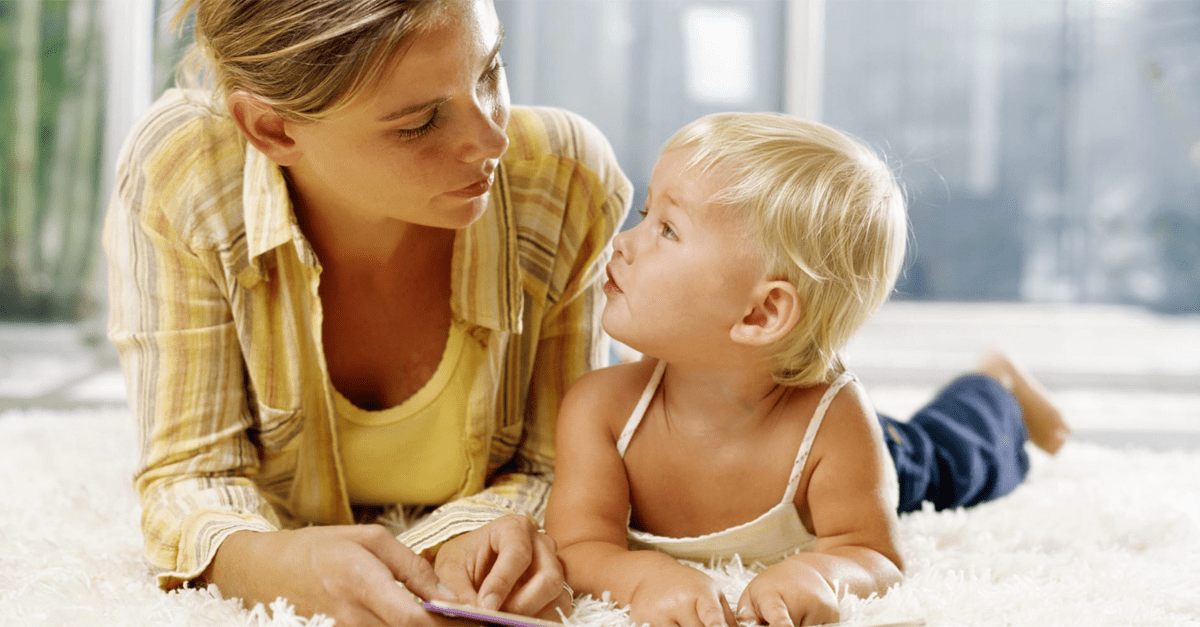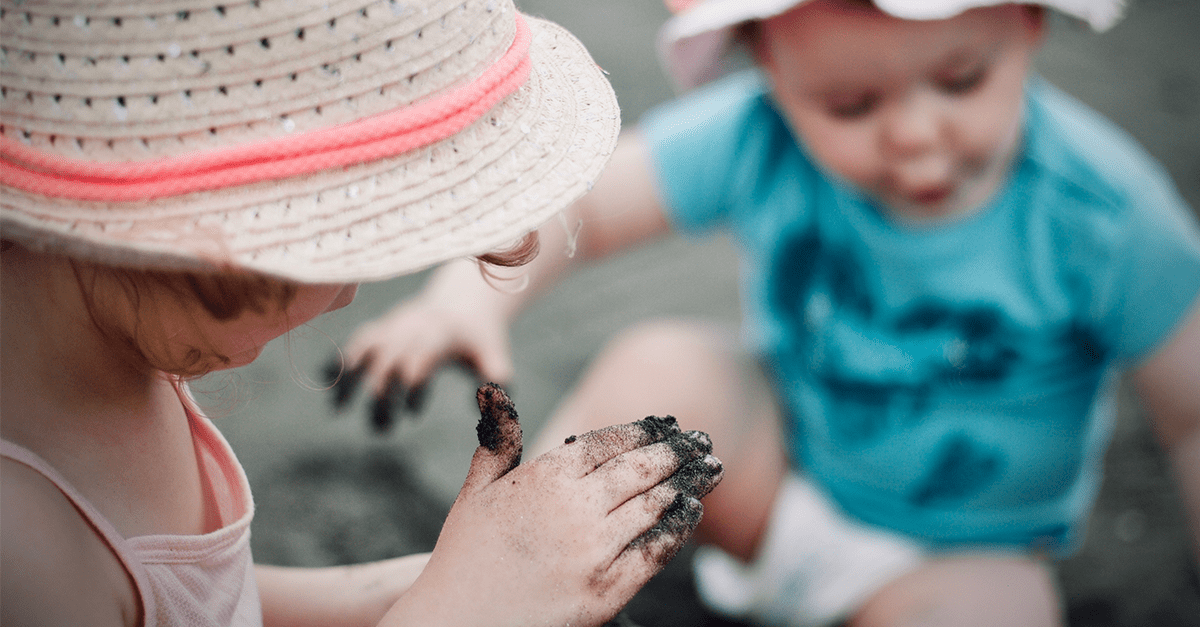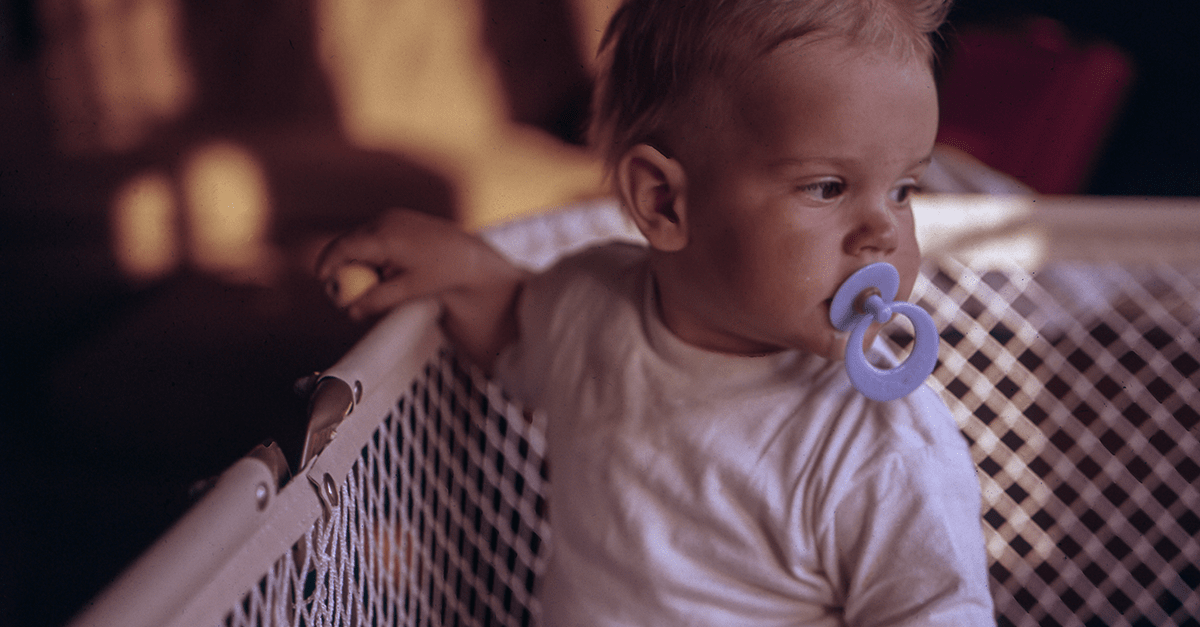We all want our children to start talking, and then, one day, they do. And they never stop. Not complaining, just saying. Thing is, sometimes we don’t know if they’re developing this skill at the right pace, or if they are struggling in any way. So let’s take a look at that.
First of all, we must set the differences between speech and language:
- Speech is basically the ability articulate words and sounds
- Language involves everything related to giving and receiving information in a meaningful way. Verbal, non-verbal and written
Sometimes, a child might be able to pronounce words perfectly, but might not be able to connect words to form a meaningful concept. In other cases, a child might be able to express themselves, but they will be difficult to make out what they are saying.
We should also take into account that girls usually learn to speak earlier than boys; and that some kids are specially good at anything related to communication; while other kids’ strengths involve different skills.
Now this is clear, let’s move onto the main stages of speech and language development.
Starting to talk: milestones and stages
1. Before 12 months old: babbling and bumbling
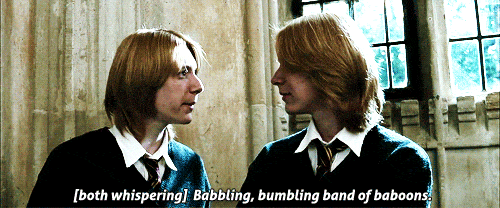
A human being’s first year on Earth is all about babbling. Babies start using their voice to relate to the environment. And, by the time they turn 1, they’ve already said things like “mama” or “dada”; making mums and dads very happy. We don’t want to make you sad, but they don’t really don’t know what they’re saying, it’s all more about repeating sounds.
2. Before 24 months old
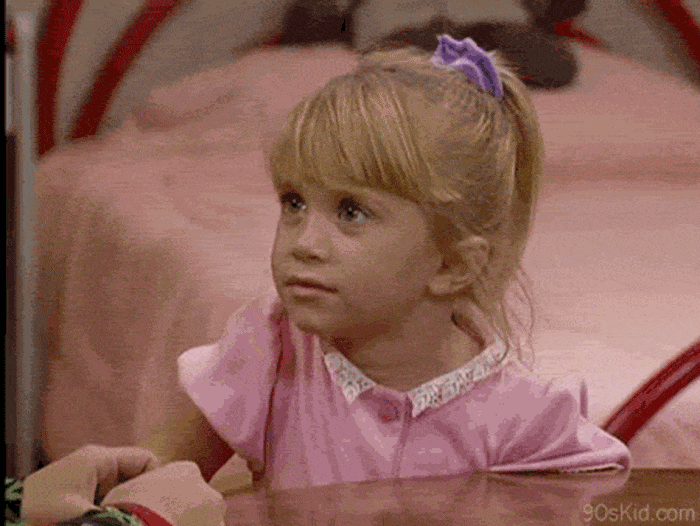
On average, 18 months old toddlers can say around 20 words; more than 50 when they turn 2. As well as to be able to combine two words to make simple sentences.
What should should you expect from a 2 year old?
- 18 months old: they can say around 50 words
- 24 months old: they might get to say up to 300 words (quite a few words, if you ask us)
- They can combine two words to form simple sentences
- They identify objects they see
- They follow simple commands
- You can understand around 50% of what they say
At this stage, an educational app like Kokoro Kids might be a very useful tool. We have many vocabulary games designed for toddlers to start associating objects with their name!
3. From 2 to 3 years old
Most 2 year old toddlers use what is known as “telegraphic speech”; which consists of just using the words they need to share a point. So don’t worry if they say “I want toy”, or even “want toy” instead of “I want my toy”.
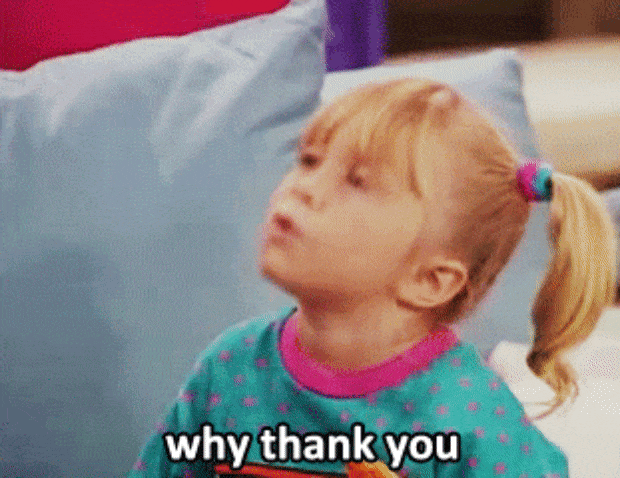
By the time they turn 3, most kids stop using telegraphic speech; but the best way to help them move past this stage, is repeating what they say but correctly.
What should should you expect from a 3 year old?
- They stop using telegraphic speech
- They can understand descriptive concepts (shapes, colours and sizes)
- Follow more complex commands
- Combine three or more words into sentences
- You can understand around 75% of what they say
By the time they are 4, pretty much everything they say should be understood, even by people who don’t know them.
How can you help them develop their language and speech skills?
- Reading to them
- Talking to them using a rich vocabulary: a study run by Stanford University researches states that toddlers who are exposed to more words have a larger vocabulary and better language proficiency later on)
- Making the most of any everyday activity: you can teach them vocabulary at the supermarket, at the doctor, at a restaurant…
- Playing not only any of our ABC games, but also our shapes and colours games, so they get in touch with sizes, colours and shapes!
We hope you’ve found this post useful! And, as always, should you have any question (or any tip you’d like to share!) don’t hesitate to leave a comment!

